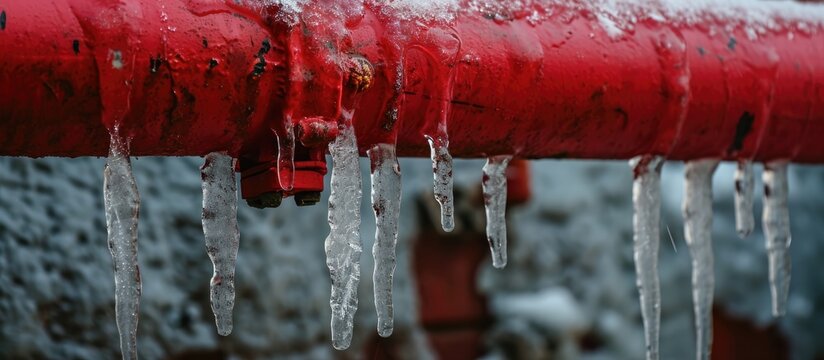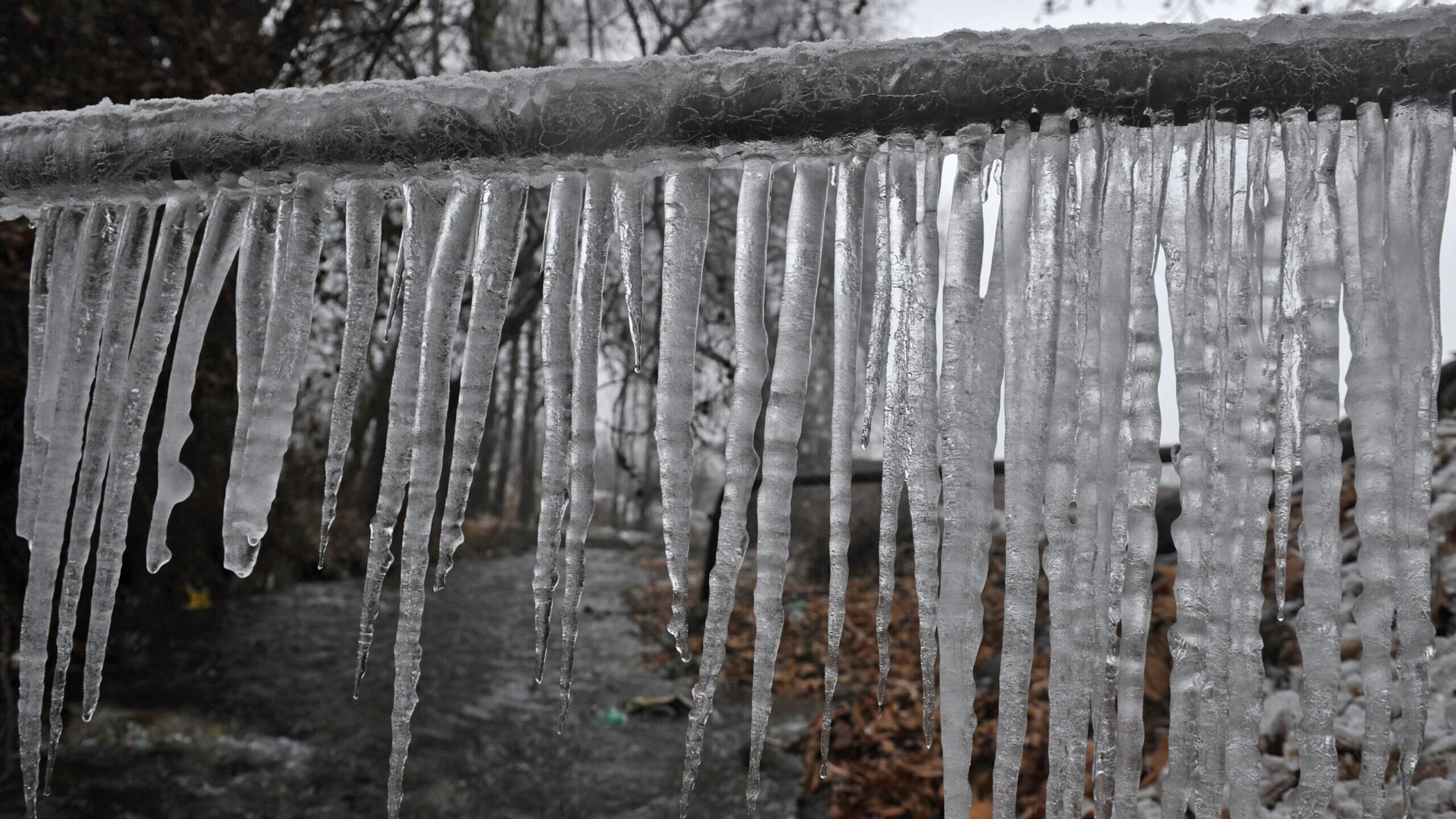Any individual has got his or her own theory when it comes to How to prepare your home plumbing for winter weather.

Cold weather can wreak havoc on your pipes, specifically by freezing pipes. Below's how to prevent it from occurring and what to do if it does.
Intro
As temperature levels decline, the threat of icy pipelines rises, possibly bring about pricey repairs and water damages. Recognizing just how to stop icy pipes is important for property owners in cold climates.
Avoidance Tips
Protecting susceptible pipes
Cover pipes in insulation sleeves or use warmth tape to secure them from freezing temperatures. Concentrate on pipes in unheated or exterior locations of the home.
Heating strategies
Keep indoor spaces properly heated, particularly locations with plumbing. Open cupboard doors to enable warm air to circulate around pipelines under sinks.
Exactly how to identify frozen pipes
Seek decreased water circulation from taps, unusual odors or sounds from pipelines, and noticeable frost on exposed pipes.
Long-Term Solutions
Structural adjustments
Think about rerouting pipes away from exterior walls or unheated areas. Add extra insulation to attics, cellars, and crawl spaces.
Updating insulation
Purchase top notch insulation for pipelines, attics, and walls. Correct insulation aids preserve regular temperature levels and lowers the danger of icy pipes.
Securing Exterior Pipes
Yard pipes and outdoor taps
Detach and drain garden hose pipes prior to winter. Mount frost-proof faucets or cover exterior taps with insulated caps.
Recognizing Frozen Pipes
What causes pipes to freeze?
Pipes freeze when revealed to temperatures below 32 ° F (0 ° C) for prolonged durations. As water inside the pipes ices up, it broadens, putting pressure on the pipe walls and potentially causing them to burst.
Threats and problems
Icy pipes can result in supply of water interruptions, property damages, and pricey repair services. Burst pipes can flooding homes and trigger extensive architectural damage.
Signs of Frozen Piping
Determining frozen pipelines early can prevent them from breaking.
What to Do If Your Pipes Freeze
Immediate activities to take
If you presume frozen pipelines, maintain faucets open up to ease pressure as the ice melts. Make use of a hairdryer or towels soaked in warm water to thaw pipes gradually.
Verdict
Avoiding icy pipes requires aggressive steps and fast feedbacks. By understanding the reasons, indications, and preventive measures, homeowners can secure their plumbing throughout cold weather.
Helpful Tips to Prevent Frozen Pipes this Winter
UNDERSTANDING THE BASICS: WHY PIPES FREEZE AND WHY IT’S A PROBLEM
Water freezing inside pipes is common during the winter months, but understanding why pipes freeze, and the potential problems it can cause is crucial in preventing such incidents. This section will delve into the basics of why pipes freeze and the associated problems that may arise.
THE SCIENCE BEHIND FROZEN PIPES
When water reaches freezing temperatures, it undergoes a physical transformation and solidifies into ice. This expansion of water as it freezes is the primary reason pipes can burst. As the water inside the pipe freezes, it expands, creating immense pressure on the walls. If the pressure becomes too great, the pipe can crack or rupture, leading to leaks and water damage.
FACTORS THAT CONTRIBUTE TO PIPE FREEZING
Low Temperatures: Extremely cold weather, especially below freezing, increases the risk of pipes freezing. Uninsulated or Poorly Insulated Pipes: Pipes located in unheated areas, such as basements, crawl spaces, or attics, are more prone to freezing. Insufficient insulation or lack of insulation altogether exacerbates the problem. Exterior Wall Exposure: Pipes running along exterior walls are susceptible to freezing as they encounter colder temperatures outside. Lack of Heating or Temperature Regulation: Inadequate heating or inconsistent temperature control in your home can contribute to frozen pipes. PROBLEMS CAUSED BY FROZEN PIPES
- Pipe Bursting: As mentioned earlier, the expansion of water as it freezes can cause pipes to burst, resulting in significant water damage.
- Water Damage: When pipes burst, it can lead to flooding and water damage to your property, including walls, ceilings, flooring, and personal belongings.
- Structural Damage: Prolonged exposure to water from burst pipes can compromise the structural integrity of your home, leading to costly repairs.
- Mold and Mildew Growth: Excess moisture from water damage can create a favorable environment for mold and mildew growth, posing health risks to occupants.
- Disrupted Water Supply: Frozen pipes can also result in a complete or partial loss of water supply until the issue is resolved.
WHY CERTAIN PIPES ARE MORE PRONE TO FREEZING
- Location: Pipes located in unheated or poorly insulated areas, such as basements, crawl spaces, attics, or exterior walls, are at higher risk of freezing.
- Exterior Pipes: Outdoor pipes, such as those used for irrigation or exposed plumbing, are particularly vulnerable to freezing as they are directly exposed to the elements.
- Supply Lines: Pipes that carry water from the main water supply into your home, including the main water line, are critical to protect as freezing in these lines can affect your entire plumbing system.
- Underground Pipes: Pipes buried underground, such as those connected to sprinkler systems or outdoor faucets, can be susceptible to freezing if not properly insulated.
https://busybusy.com/blog/helpful-tips-to-prevent-frozen-pipes-this-winter/

We were shown that article on How to Prevent Your Pipes From Freezing through a buddy on another web page. Be sure to take the time to distribute this entry if you liked it. Thank you for your time. Revisit us soon.
Prices & Booking